If you're interested in studying medicinal chemistry and working in the drug discovery market or pharmaceutical research and development, for example, you must get a good education.
Here are some of our favorite schools for majoring in medicinal chemistry, completing postgraduate studies, or doing a Ph.D.
| University | Location | Acceptance Rate |
|---|---|---|
| Massachusetts College of Pharmacy and Health Sciences | Boston, MA | 88% |
| Purdue University | West Lafayette, IN | 53% |
| University of California San Francisco | San Francisco, CA | 13% |
| University of Illinois Chicago | Chicago, Illinois | 79% |
| University of Iowa | Iowa City, IA | 40% |
| University of Michigan | Ann Arbor, Michigan | 28% |
| University of Minnesota | Minneapolis, MN | 23% |
| University of Nebraska Medical Center | Omaha, NE | 6.9% |
| Saint Joseph's University (formerly University of Sciences) | Philadelphia, Pennsylvania | 64% |
| University of Washington | Seattle, WA | 4.5% |

Massachusetts College of Pharmacy and Health Sciences
Location: Boston, MA
Acceptance Rate: 88%
At the Massachusetts College of Pharmacy and Health Science, you can study medicinal chemistry at a postgraduate level as part of your master of science in medicinal chemistry. For undergraduates, you'll need to major in a related field such as pharmacy, chemistry, or biology, for example, before moving on to a two-year master's program.
10 years after enrollment
Ranking
Ranking
Definitely a school worth looking into for anybody considering medicinal chemistry. Of course, you don't have to do your undergraduate here and can always move from another school to MCPHS if you think it's right for you.
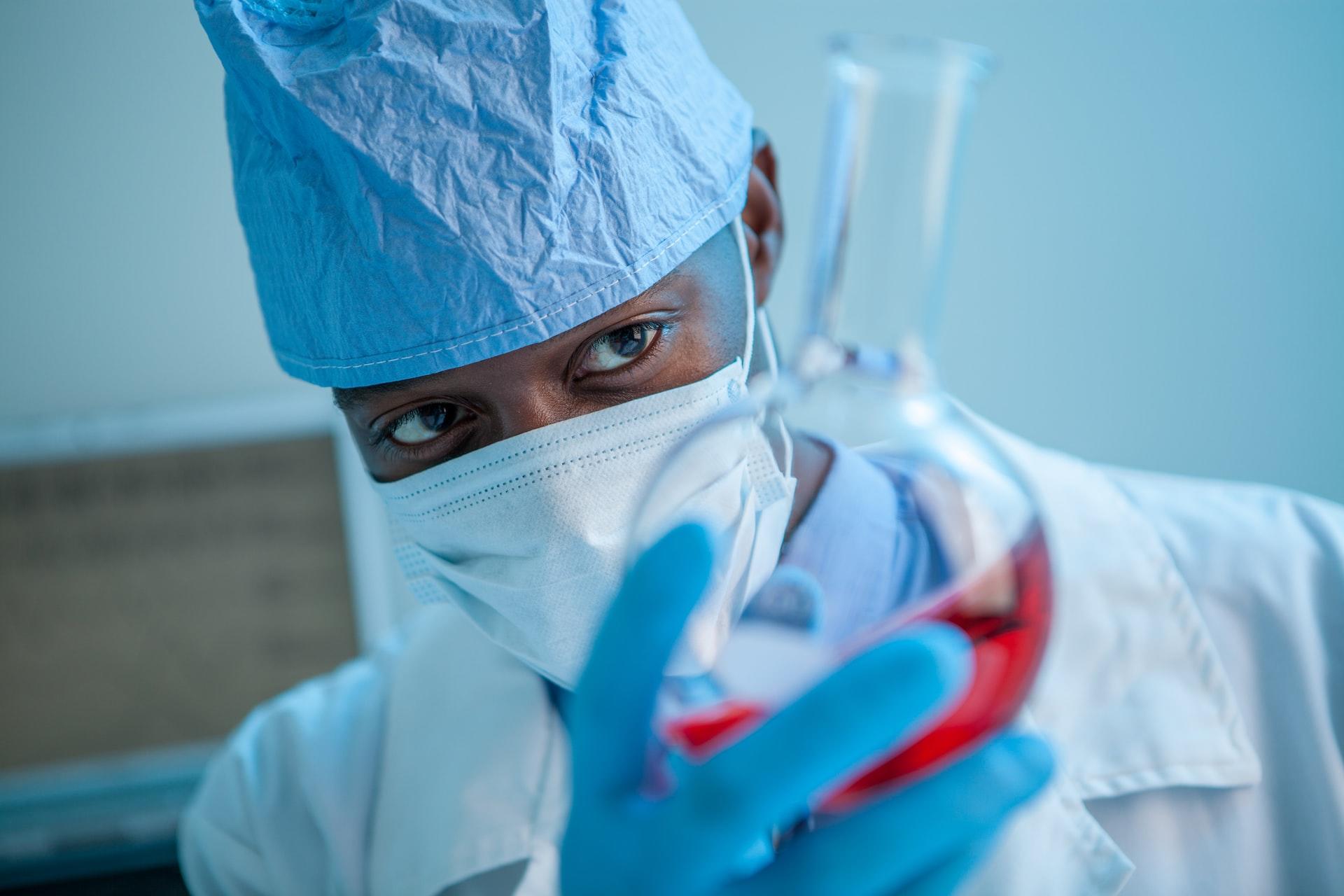
Purdue University
Location: West Lafayette, IN
Acceptance Rate: 53%
The Purdue University Department of Medicinal Chemistry and Molecular Pharmacology offers several courses for both undergraduates and postgraduates.
You can study organic chemistry, biochemistry for pharmaceutical sciences, or immunology, for example, as part of your undergraduate degree and/or look to specialize through postgraduate courses on biomolecular interactions, a chemistry class, basic principles of chemical action on biological systems, etc.
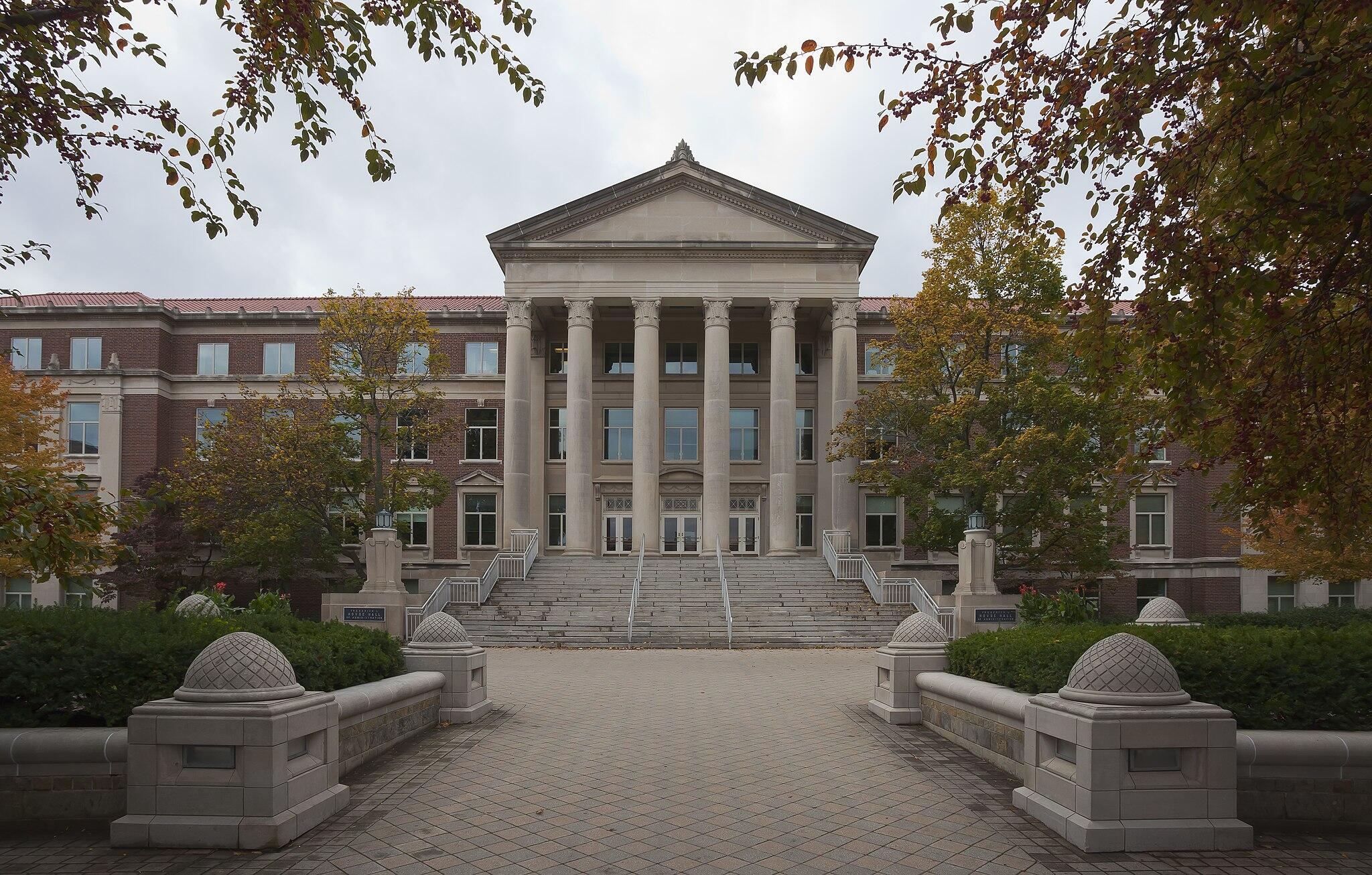
There are also Ph.D. or postdoctoral study options that can lead to postgraduate positions in teaching, publishing, consulting, and biotech. Generally, most graduates go on to either work in industry or remain in academia.
University of California San Francisco
Location: San Francisco, CA
Acceptance Rate: 13%
At the University of California San Francisco, the School of Pharmacy's Department of Pharmaceutical Chemistry is highly recommended for Ph.D., PharmD, and MD, and postdoctoral programs.
PhDs offered include bioengineering, biophysics, pharmaceutical sciences and pharmacogenomics, chemistry and chemical biology, and biological and medical informatics.

University of Illinois Chicago
Location: Chicago, Illinois
Acceptance Rate: 13%
Any student interested in medicinal chemistry should look to the University of Illinois Chicago's College of Pharmacy.
There are two Ph.D. programs available in either Pharmaceutical Sciences or a joint PharmD/Ph.D. program for students interested in academic pharmacy and bench science research.
The Pharmaceutical Sciences Ph.D. is an interdisciplinary program focusing on chemistry in drug development, forensics, molecular mechanisms and therapeutics, pharmaceutics and drug delivery, and pharmacognosy.
University of Iowa
Location: Iowa City, IA
Acceptance Rate: 40%
At the University of Iowa's College of Pharmacy, there are several Ph.D. options for students interested in a career in medicinal chemistry including the Drug Discovery and Experimental Therapeutics Ph.D. or Pharmaceutics Ph.D.
The University of Iowa is also one of the top 100 colleges in the country and is highly recommended across many different fields.

University of Michigan
Location: Ann Arbor, Michigan
Acceptance Rate: 28%
The University of Michigan has a dedicated department of medicinal chemistry as part of its college of pharmacy. Of course, a lot of the schools in our list also have dedicated departments, but they may go by other related names rather.
At the University of Michigan, students cover medicinal chemistry with pharmacology as part of the Pharm.D. program.

Available medicinal chemistry courses at the University of Michigan include bioorganic principles of medicinal chemistry, computational principles of medicinal chemistry, principles of drug design, etc.
University of Minnesota – Twin Cities
Location: Minneapolis, MN
Acceptance Rate: 23%
The University of Minnesota's Department of Medicinal Chemistry is another you should look into if you have an interest in pharmaceutical chemistry and drug development, which you should do given the projected future of the industry.
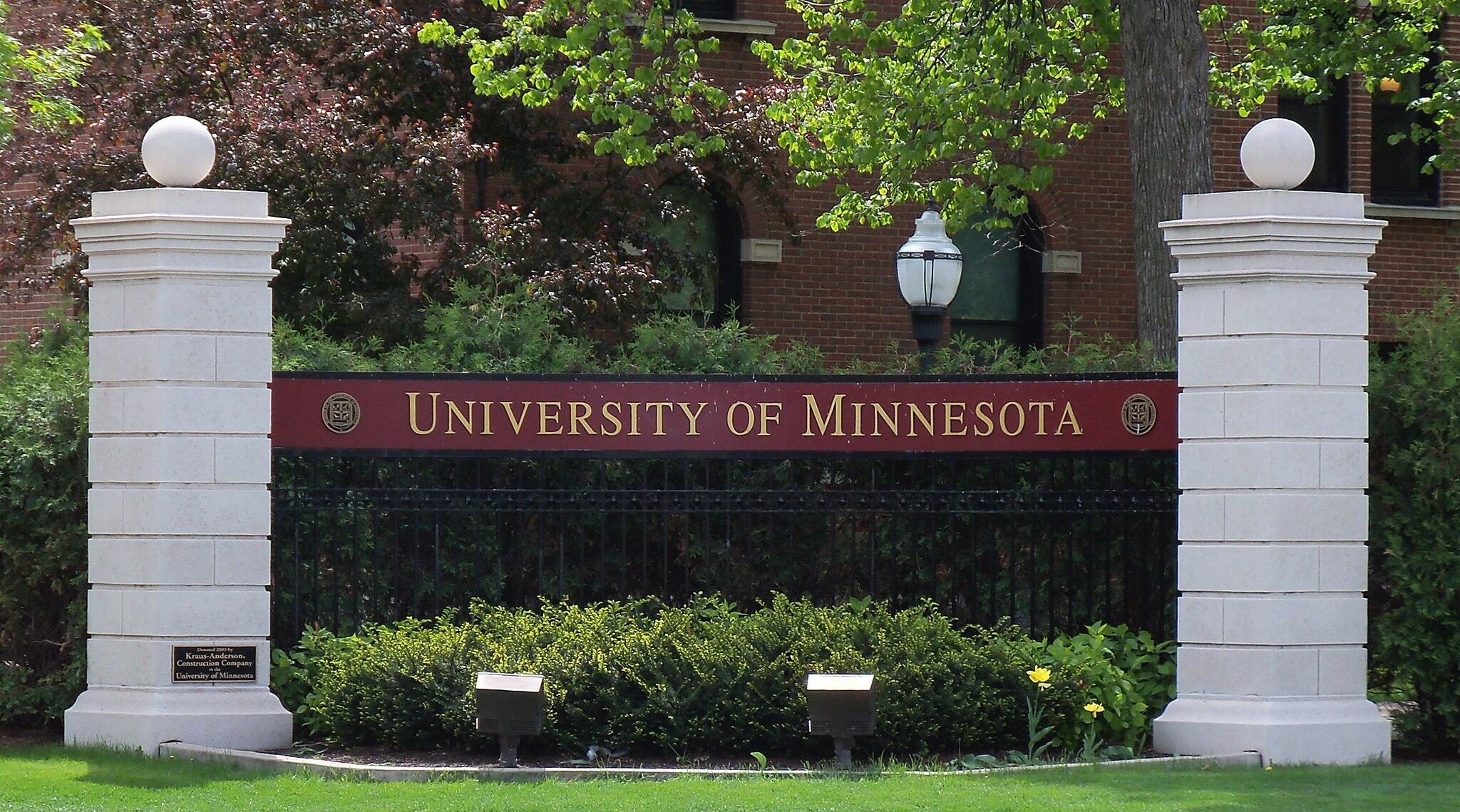
Their Medicinal Chemistry Ph.D. Graduate Program is for students with degrees in pharmacy, chemistry, or biology, but they also welcome students with backgrounds in chemical, biochemical, or biological fields.
University of Nebraska Medical Center
Location: Omaha, NE
Acceptance Rate: 6.9%
The University of Nebraska Medical Center has a Pharmaceutical Sciences Graduate Program that could be of interest to graduates looking to commit further to the world of medicinal chemistry.
There are both MS and Ph.D. options. The MS program includes courses such as:
- fundamentals of biomolecules
- quantitative pharmacokinetic analysis
- physical pharmacy
Ph.D. students will need to choose from one of four tracks with medicinal chemistry being one of them. There are also options for drug delivery and biopharmaceutics, biophysics, or clinical pharmaceutical sciences.
Saint Joseph's University (formerly University of the Sciences)
Location: Philadelphia, Pennsylvania
Acceptance Rate: 64%
The University of the Sciences in Philadelphia, Pennsylvania was a private university dedicated to pharmacy and health-related disciplines. In 2022, it merged with Saint Joseph's University, but it still remains one of the best colleges to attend to major in pharmaceutical chemistry.
The university is the only one in the region that offers a bachelor's degree in pharmaceutical chemistry, which means you can learn about drug development and medicinal chemistry straight from your undergraduate degree.
The undergraduate program is certified by the American Chemical Society and offers research opportunities for students through laboratory courses.
Philadelphia is at the heart of the health science industry and three-quarters of the country's pharmaceutical firms are within two hours of the school.
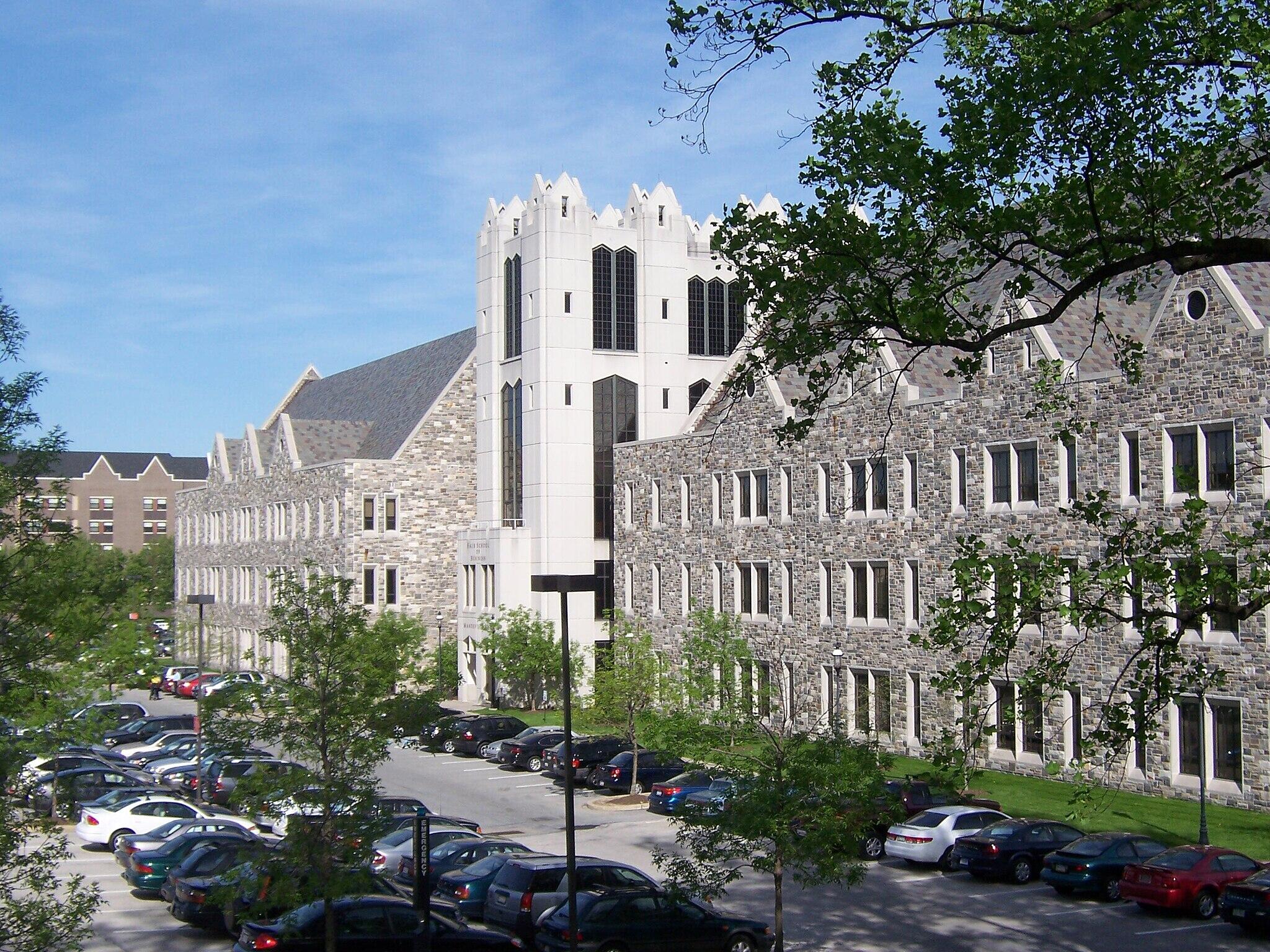
and description
The course also allows students to double major with pharmaceutical sciences, biochemistry, chemistry, pharmacology and toxicology, and biomedical sciences all available as majors or minors.
University of Washington
Location: Seattle, WA
Acceptance Rate: 4.5%
The University of Washington is a public university based in Seattle, Washington. The Department of Medicinal Chemistry at the School of Pharmacy offers a medicinal chemistry graduate program for students interested in pursuing a career in drug development and research.
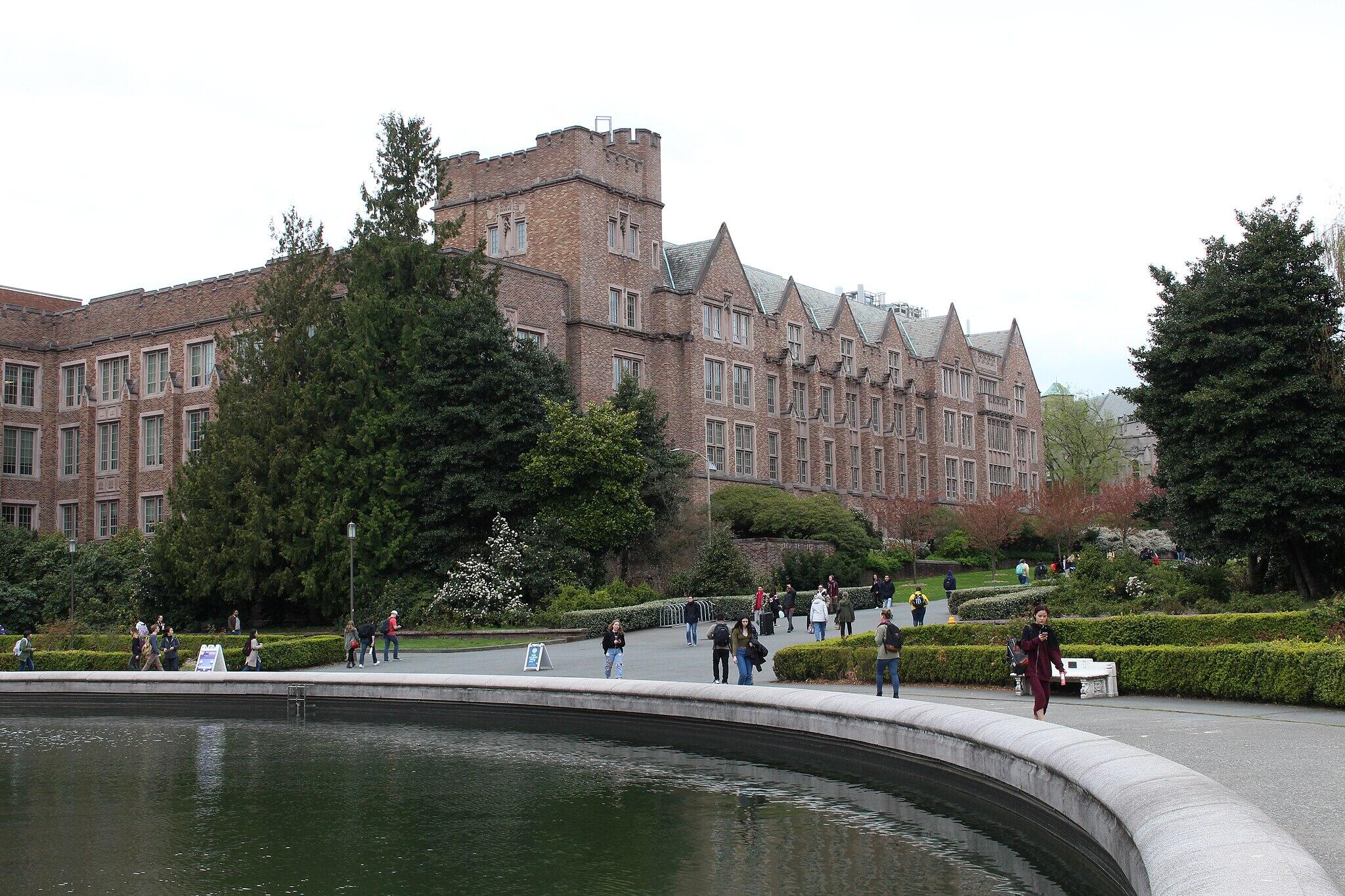
If you're looking into continuing your studies and completing a Ph.D. or completing a pre-doctoral program in pharmacological sciences or molecular biophysics, the University of Washington is well worth your consideration.
Additional Considerations
If you've already completed your undergraduate degree, then you'll likely already know what it's like applying to colleges and choosing the right ones.
While all of these colleges here are excellent choices for studying medicinal chemistry at either an undergraduate or graduate level, that's the only factor we've been taking into account. Whether or not the school is good for the area you want to study is just one of the things you need to consider when picking schools.

Financial Considerations
The first hurdle may be the cost of the programs and the available financial aid. It may be a good idea to shortlist a few schools first before removing those that are either too expensive or have too little financial aid available.
While it's never nice to find out that you can't afford to go to your dream school or that the debt would be unmanageable, you can take solace in the fact that it makes picking schools a little easier as you can immediately remove a few from your shortlist just because of the cost.
Location
The location of a school is a hugely important factor. Studying medicinal chemistry is hard and is even more difficult if you also hate the weather, feel isolated, or are in a town or city with nothing to do or nothing you like doing.
In most cases, you'll be too busy to worry about some of these things, but it can be important to like where you are and is something worth considering when looking at schools. It might not be something worth ruling a school out for, but it could help you decide between two schools with nothing else between them.
Campus Life
What it's like on campus is also important. You may want to know if the campus or department where you'll be studying is full of life with things to do on the weekends or quiet. There's no right or wrong answer to this question as it depends on you and what you like.
Extracurriculars
While you study, you'll want to be able to pursue your outside interests and may want to take this into consideration when choosing a school. Whether it's sports, music, art, etc. you'll want to be attending a school where you can still do these things, especially when you're really busy with your studies and your free time is limited.
Look into life on campus, find student groups or communities, speak to graduates, and do your research to make sure you'll be able to keep doing what you love doing during your studies. It's much easier to work hard and study when you're happy and your hobbies and extracurriculars are an important part of this.
Your Own Personality
You must think about what you want, what you like, and what you want to prioritize in your life. Choosing schools may seem like something you do according to league tables, prestige, and academic factors, but every student's experience is different so it's important to take that variable into consideration.
Do some soul-searching and make sure you consider yourself when picking schools. They need to be a good fit for you and not the other way around.
The ones we've listed here are a good place to start, but it doesn't mean that they're the only ones you should consider.
Let us know in the comments, which medicinal chemistry school you would love to attend! 👩🏻🔬👨🏾🔬
Summarize with AI:

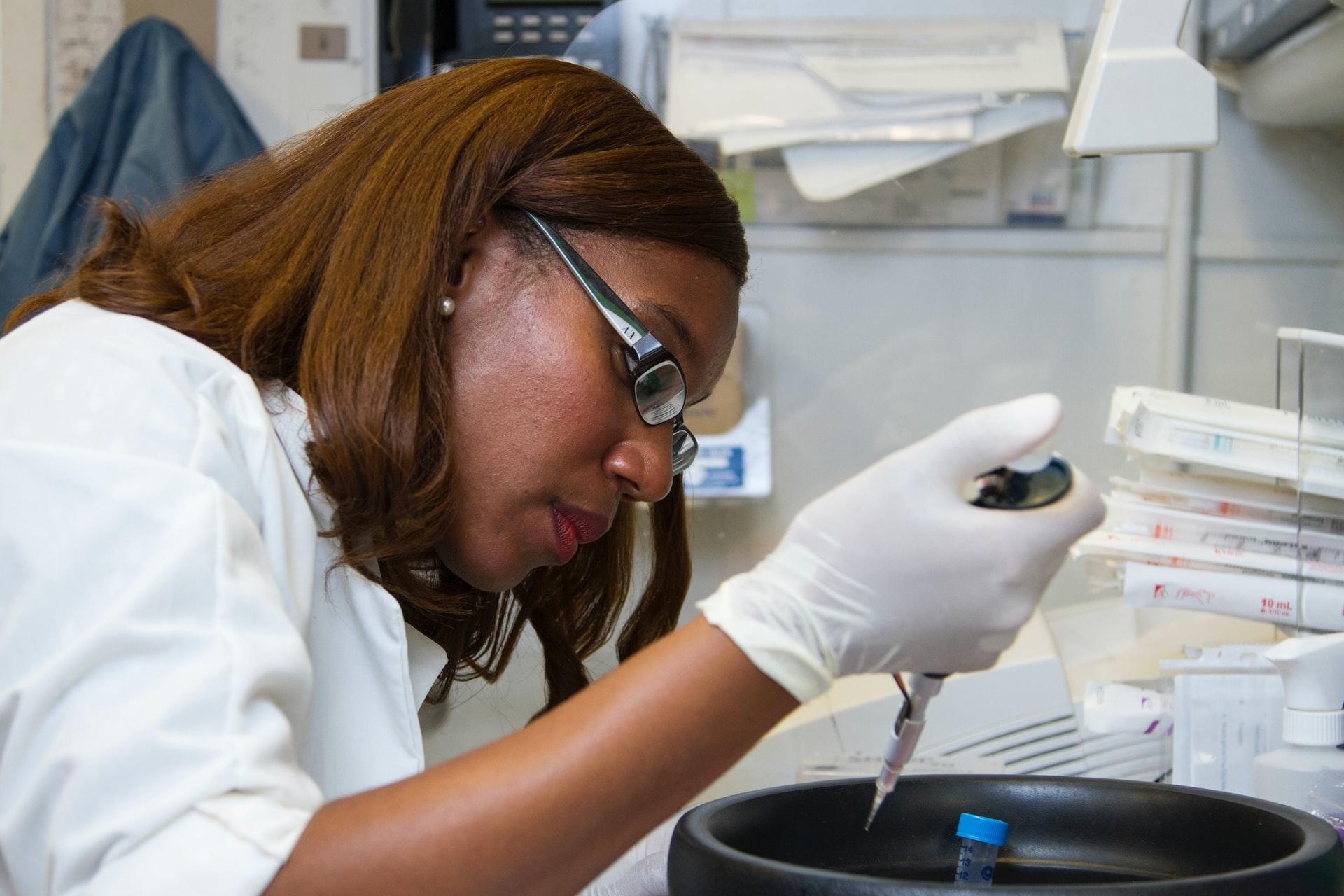














The article helped a lot. Thank you